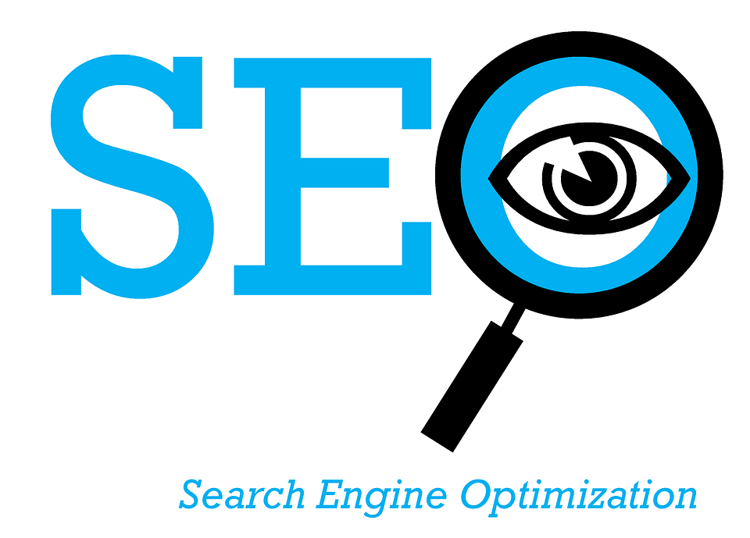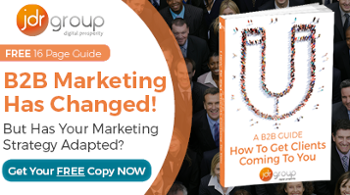When To Use & When Not To Use SEO
What Is SEO?
Search Engine Optimisation, otherwise known as SEO, is a modern online marketing strategy with the aim of improving organic search engine rankings. This means appearing on the first page of major search engines such as Google, Bing and Yahoo! SEO combines both technical techniques and creative visual content to drive traffic to your website and to increase overall brand awareness.
SEO combines both technical techniques and creative visual content to drive traffic to your website and to increase overall brand awareness.
The internet is everywhere we look, no matter how hard you try, there truly is no escaping it. As a result of this, if you are a business owner you should learn to embrace the epidemic in which studies have shown can be the making or the breaking of a successful company. According to wordstream.com, 80% of the traffic generated for any website will be from search engines. Therefore if an SEO campaign is not carried out well, your site will be buried within thousands of other search results, decreasing the visibility and traffic enormously.
Key SEO Elements
On Page:
- Content – Content is the most important element to an SEO strategy as it provides all of the essential but at the same time, interesting information to the customer. This can be general website text, images, blog articles and videos, for example.
- Keywords – Keywords are terms closely connected to the product or service you provide in which will help your website to be found more easily on search engines when customers search for those particular key phrases.
- Meta Tags – The Meta tags include a Meta title, Meta keywords and a Meta description, all in which contribute to your SEO strategy. These are displayed in the SERPs (search engine results page.)
Off Page:
- Backlinks – Backlinks are pretty much the digital version of word of mouth marketing. They are links from other websites that link back to your website.
- Social Media – Social media is a brilliant way for businesses to interact with their customers, promote products or a service, and to constantly be sharing relevant, up to date content.
- Online Directories – Presence on online directories can bring many new customers to your website and help improve overall link building.
When To Use SEO
SEO should be used when you wish to get to the top of the search engine and/or to remain at the top. This is not something that happens overnight, it requires an SEO strategy that uses many key elements in order to achieve this. However, when you've achieved this, you can enjoy long lasting benefits.
Another good time to implement an SEO strategy is if you are building an authority website. This is an information site for a particular niche. Once it gets going, it will be the type of site that often generates traffic through just URL recall, and the only SEO element relevant here will be clever, informative content.
If you are looking to increase the value of your website with the intention of selling it, then an SEO strategy would be a great way to do this. Increasing the value of your website will allow you to sell it for a much higher price as I'm sure you would wish to. A consistent flow of traffic to your website, and ranking highly on search engines will increase the value massively. These things are achieved through successful SEO.
When Not To Use SEO
If your business provides a made up product or a new invention, SEO is not really the marketing route for you. Not yet anyway! If nobody has heard of it, then no one will search for it. For products or a service that is simply just that bit too far fetched for SEO, a more appropriate marketing solution would be a PR campaign in order for customers to firstly be introduced to your business' goods.
If the product or service you provide is in low demand, therefore your keywords are not being searched for, unfortunately this is confirmation that SEO is not the marketing technique for your company right now. This doesn't mean it never will be though!
Apologies for being the bearer of bad news, but if you are in need of instant results, SEO will not create those for you. As much as we would all love that, it is just not feasible. Despite this, if you are to look at the bigger picture, SEO can grant you much more and benefit your company in much greater ways than any instant success. Slowly and gradually are the verbs that spring to mind when discussing the increased value of a brand.
If you're not willing to commit with both time and financial investment, there won't be such a thing as a successful SEO campaign for you I'm afraid! Examples of commitment are regular social media interaction and creating and publishing up to date website content. However, just because you don't have the time, doesn't mean a professional expert digital marketing company can't give you a helping hand. For any specialist advice and further information visit: www.jdrgroup.co.uk
Here are a few other articles that maybe of interest to you:
- Are You Breaking These 6 SEO Cardinal Sins?
- SEO For Google 2012-2017: What Has Changed? What Remains the Same?
- What Are The Best SEO Techniques In 2017?
Hopefully this article on when, and when not to implement an SEO campaign has been a great help to you and your business. If you have any queries, please comment below or call us on 01332 343281 for an informal chat.



